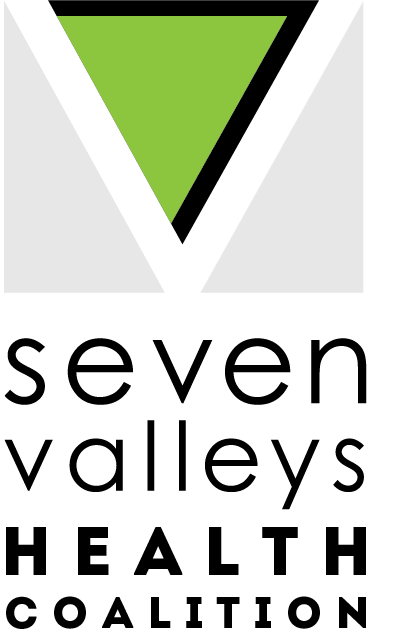Learn more about Diabetes!
November is National Diabetes Month, bringing awareness to the disease that affects at least 37 million Americans. That’s more than 11% of the population! Another 96 million American adults have prediabetes, and more than 1 in 4 affected adults don’t know they have it.
What is diabetes?
Diabetes is a disease that occurs when your blood sugar (or blood glucose) is too high. Healthy bodies use a hormone called insulin to properly process sugar. If your body doesn’t have insulin, or doesn’t use it properly, the glucose stays in your blood and doesn’t reach your cells, often leading to other issues such as heart disease, nerve damage, eye problems, and kidney disease.
How do I know if I have diabetes?
There are some common symptoms and signs of diabetes to look out for, including:
- increased thirst and urination
- fatigue
- blurred vision
- tingling in your feet or hands
- sores that don’t heal
- unexplained weight loss
Who gets diabetes?
Anyone can get diabetes, and there are a couple different kinds. Type 1 is typically diagnosed in childhood and patients require daily insulin to stay alive. Gestational diabetes occurs during pregnancy and typically goes away after giving birth. However, Type 2 is the most prevalent kind of diabetes and is the most preventable.
Certain genes make you more susceptible to type 2 diabetes and it unfortunately occurs more often in BIPOC residents, such as those who are African-American, American Indian, Hispanic/ Latino, Asian American, and Pacific Islander.
People who are overweight or obese are also much more at risk, as are those who are not physically active or who have a family history of the disease. Other risk factors can include being 35 or older, having prediabetes, and having a history of gestational diabetes.
What do I do to prevent diabetes?
We’re pretty proud of our Diabetes Prevention Program, so see if it might be a good fit for you. Also check out our next post for some great tips on how to prevent diabetes!

